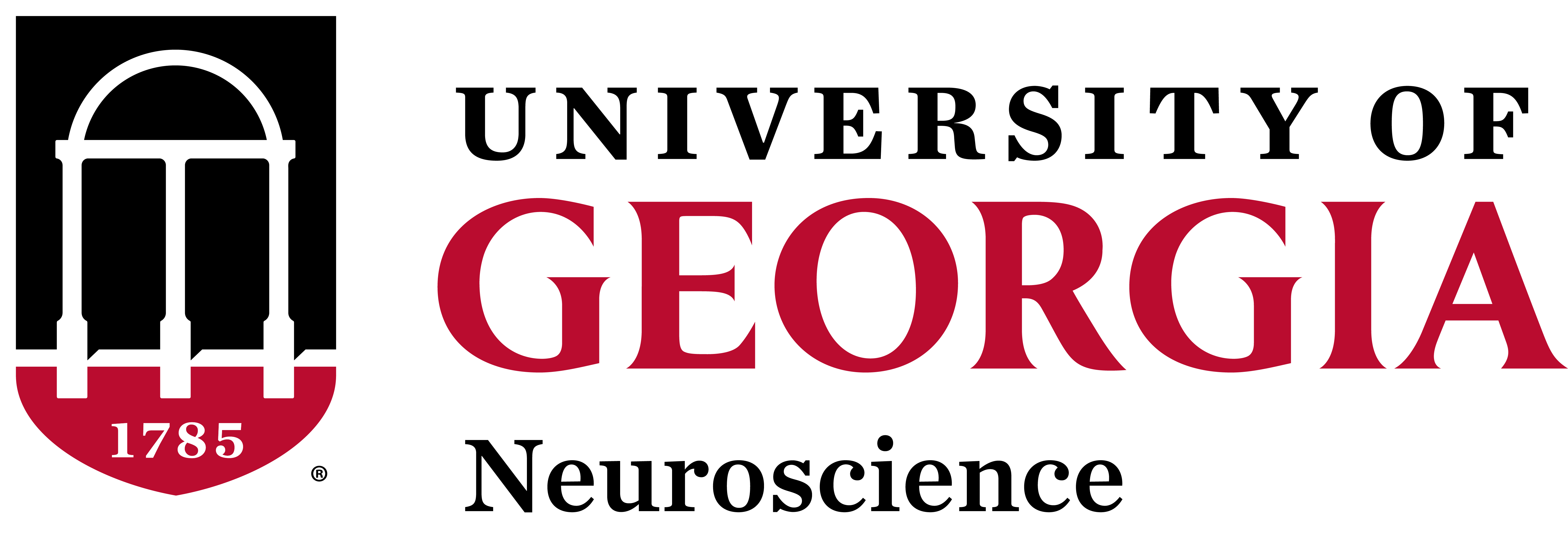Mentor Resources
MENTORING RESOURCES
PURPOSE
In keeping with our commitment to increase participation of underrepresented students in the biomedical sciences, neuroscience faculty receive mentorship training to enhance the research experience for students. Below is a list of resources and workshops. For additional questions regarding mentorship opportunities, please contact Dr. Jim Lauderdale or Dr. Julie Coffield.
WORKSHOPS
We have several exciting opportunities for faculty to cultivate their mentorship skills. Below is a list of training sessions which may or may not have a biomedical focus.
- Faculty Learning Series Workshop
- Mentorship Training (coming May 2019). Led by UBERV2 Dr. Julie Stanton, the NSURE faculty and graduate students will participate in 3 mentoring workshops. Specifics will be announced once dates have been determined.
REFERENCE MATERIALS
Responding to Student Needs
This is a user-friendly resource in case your mentee may be experiencing a general, academic, care, and/or crisis need. Note: If you are in contact with a student who appears to be an immediate threat to his or her own safety or that of others, please call 911.
Mentoring Articles
- Demystifying Mentoring – This Harvard Business Review article demystifies the concept of mentoring and provides three case studies.
- Mentoring: Learned, Not Taught – Becoming a good mentor takes practice and reflection. Reflecting on the following areas as your mentoring relationships evolve may help you avoid some common mistakes and hasten your arrival at a mentoring style and philosophy that is your own.
- Mentoring Research Writers – As a mentor you have a great opportunity to encourage your trainees to set high goals for their research writing and to help them achieve those goals. You should recognize, in fact, that you have a serious responsibility to motivate and to help researchers-in-training become excellent writers.
- Mentorship Matters for the Biomedical Workforce – The mentorship of early-career scientists is necessary to their individual career success and the future of the biomedical research enterprise as a whole. Recently launched NIH programs and tools aim to facilitate this important type of training.
Sample Mentor-Mentee Compacts
- Compact Between Biomedical Graduate Students and their Research Advisors – This resource presents guiding principles intended to support the development of positive mentoring relationships between predoctoral students and their research advisors. A successful student-mentor relationship requires commitment from the student, mentor, graduate program, and institution. This document offers a set of broad guidelines that are meant to initiate discussions at the local and national levels about the student-mentor relationship.
Videos
- iBiology: The Practice of Mentoring Scientists – Drawing from her experiences mentoring scientists, Jo Handelsman describes guidelines that she and her colleagues have developed to help scientists become better mentors. These include listening, asking questions, stating expectations and building independence. Good advice for scientists at all stages of their careers.
- iBiology: a conversation on culturally aware mentoring – Most mentors don’t feel prepared to address diversity matters with trainees from historically underrepresented (HU) backgrounds. To improve mentoring relationships and support the persistence and success of HU individuals in science, the National Research Mentoring Network (NRMN) has developed new mentor training to equip mentors with the skills and knowledge necessary to support a diverse scientific workforce.
Individual Development Plan
- MyIDP– “A unique, web-based career-planning tool tailored to meet the needs of PhD students and postdocs in the sciences.”
